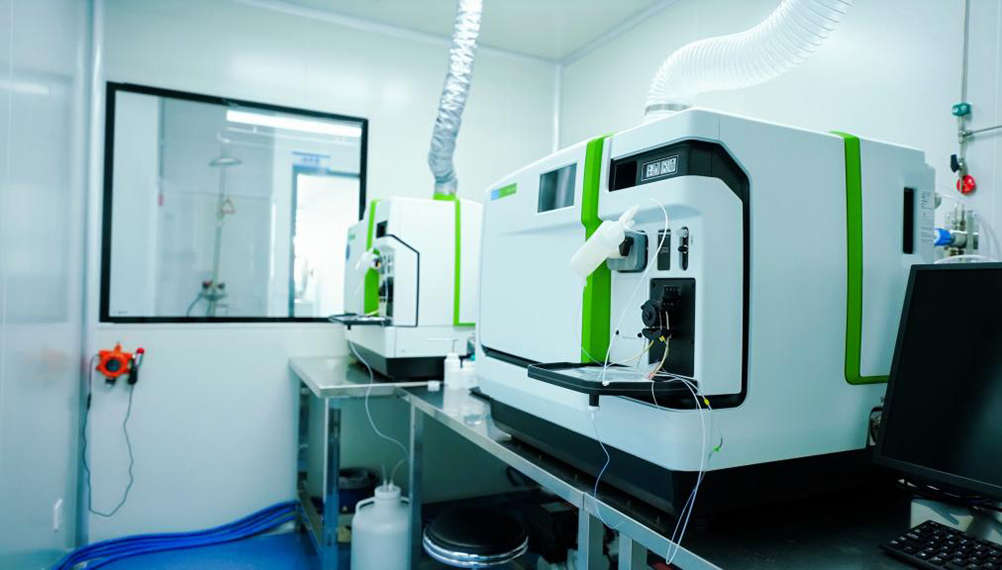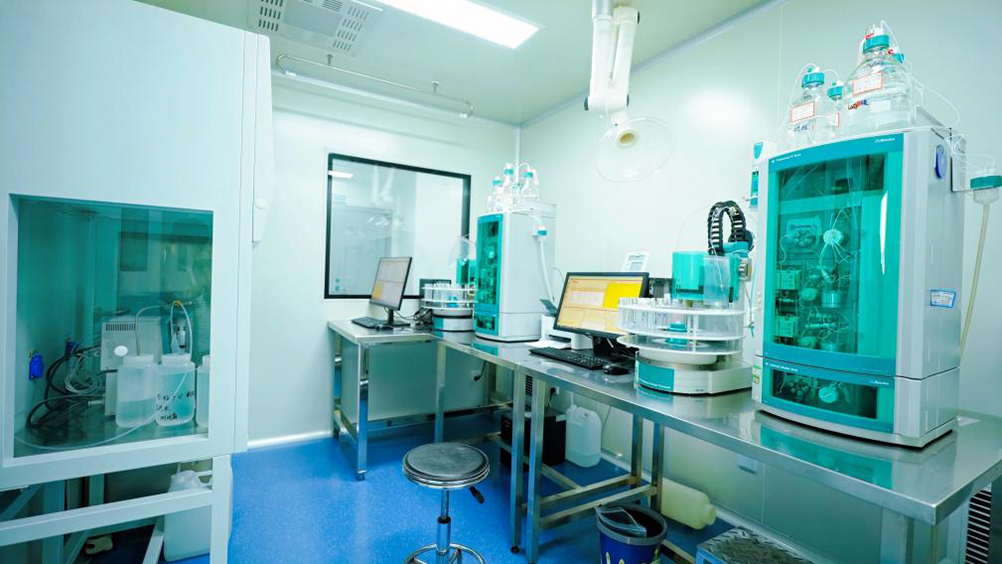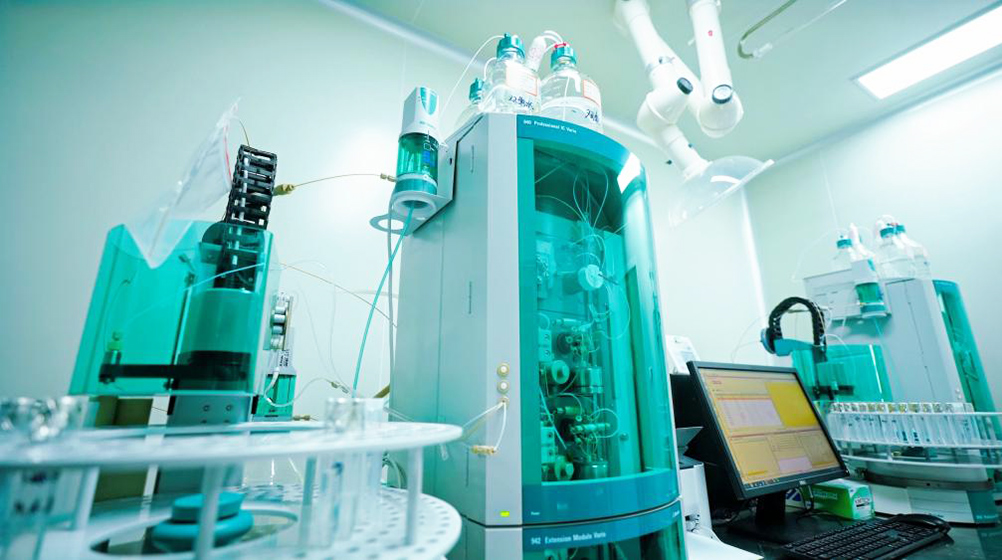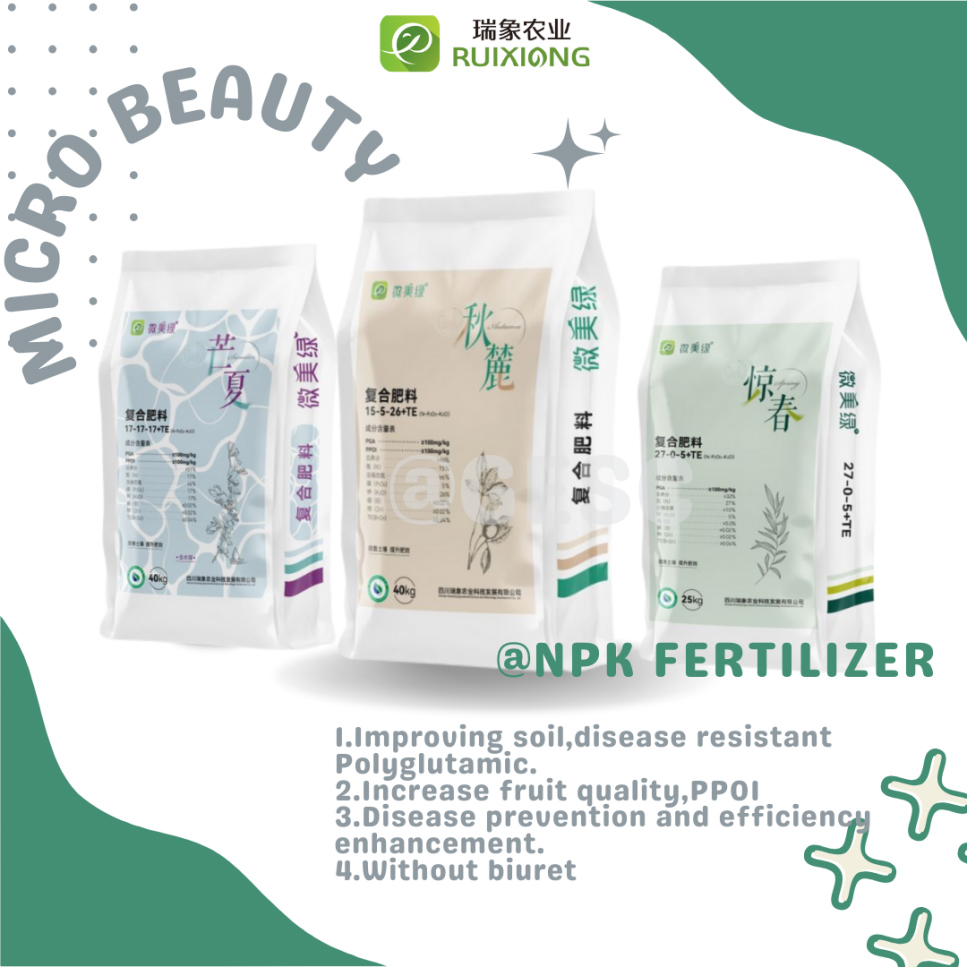Recently, GESC has partnered with major universities and laboratories to leverage big data analysis, aiming to build a soil connectivity network and drive soil restoration and sustainable agricultural development. Research indicates that 16.1% of the country's soil exceeds pollution standards, with mild, light, moderate, and severe pollution accounting for 11.2%, 2.3%, 1.5%, and 1.1%, respectively. Additionally, approximately 200 million mu of arable land nationwide faces food safety and ecological security issues, with more than 50 million mu affected by heavy metal pollution, over 64 million mu located on slopes steeper than 25 degrees, and 84 million mu situated in forest areas of Northeast and Northwest China. The estimated cost of restoring grasslands exceeds 6 trillion RMB.



Over the past two years, the GESC National CNAS Laboratory has analyzed nearly 100,000 soil samples from across the country, revealing that 21% of the soil lacks organic matter, 51.5% is deficient in phosphorus, 24% lacks potassium, and 14% is deficient in both phosphorus and potassium, while 70% lacks essential trace elements. Additionally, alkaline soil accounts for approximately 79.8% in northern China, while acidic soil makes up around 56.3% in southern China.
To improve soil health, GESC has collaborated with research institutions to develop fertilizers that both enhance soil conditions and scientifically meet crop nutrient needs. These fertilizers feature key ingredients such as PGA, PPOI, and various trace elements. Among them, Micro Beauty Green is a high-efficiency, safe, and environmentally friendly fertilizer designed to improve soil quality and enhance crop disease resistance.
Micro Beauty Green: Boosting Fertilizer Efficiency and Protecting Soil Health
Micro Beauty Green contains PGA (Polyglutamic Acid), which improves soil structure, enhances water retention, and strengthens crop resistance to diseases. Scientific research shows that it can reduce soil salinity by 30% to 40%, balance pH levels, and optimize soil conditions. In arid and semi-arid regions, it significantly enhances water and fertilizer utilization efficiency. Additionally, PGA molecules contain over 1,000 highly hydrophilic groups, further improving the soil’s ability to retain moisture and increasing fertilizer effectiveness.
Moreover, Micro Beauty Green is enriched with PPOI, an ingredient commonly used in facial masks. This component enhances fertilizer efficiency, prevents diseases, and makes crops more resistant to storage and transportation. It also delays crop aging, ultimately improving agricultural productivity and profitability.

GESC remains committed to green agriculture and technological innovation, continuously developing high-efficiency and environmentally friendly fertilizer solutions. With its fast-acting and soil-nourishing properties, Micro Beauty Green provides a scientific and sustainable approach to soil improvement, ensuring healthier land and higher crop yields.
Fast-acting and soil-nourishing, choose Micro Beauty Green!
Post time: Feb-08-2025




